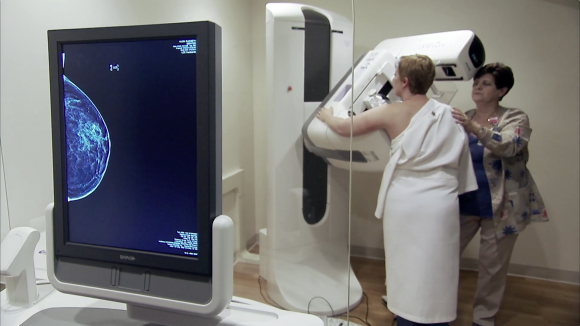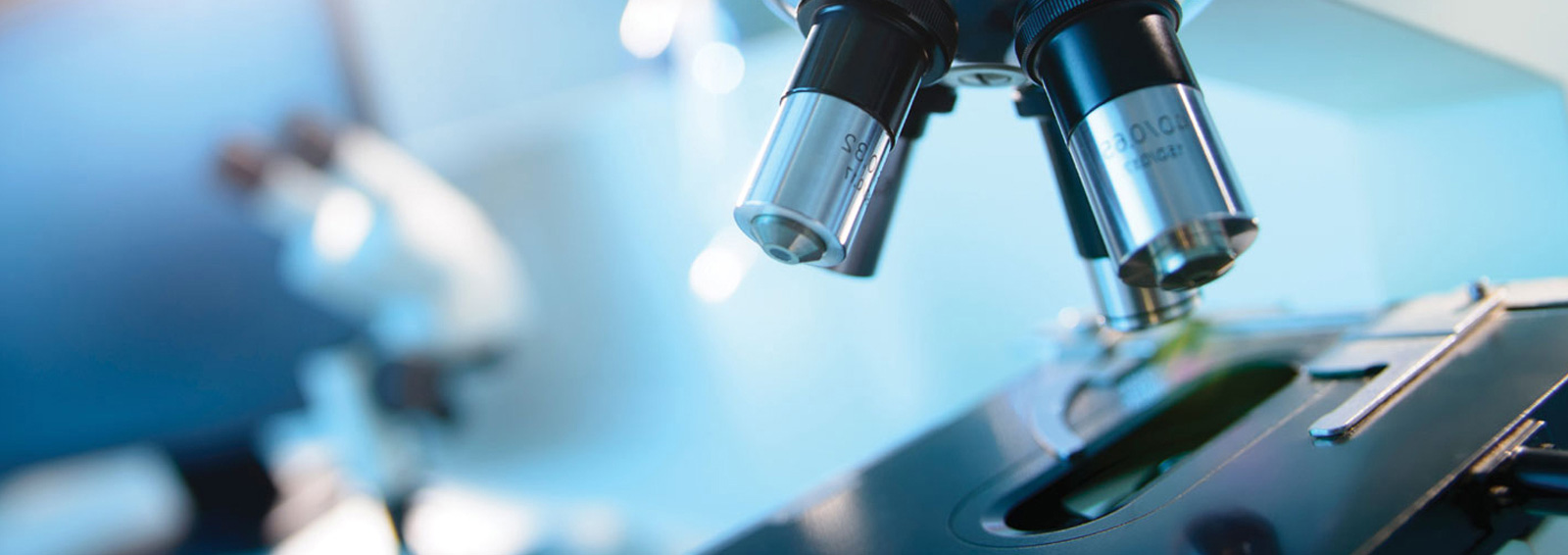
Breast cancer is a type of cancer that develops in the breast tissue. Some common signs of breast cancer include a lump in the breast, change in the size and shape of the breasts, fluids releasing from the nipple, dimpling skin, newly inverted nipple, etc… The major cause of breast cancer is when a breast cell starts to grow abnormally. The reason why it becomes dangerous is that these cells grow faster than the healthy cells, thus, causing lumps in the breast.
Not only this, breast cancer can even spread out to other parts of your body through the lymph nodes. It is also rightly believed that hormonal, environmental, and lifestyle factors can increase the risk of breast cancer. Now, such a disease necessarily needs to be treated within the right span of time. This means you need to get a Screening for Breast Cancer done as soon as possible and as recommended by your doctor.
What is Screening for Breast Cancer?
Screening basically means looking for signs of diseases to cure the disease at an early stage. So, screening for breast cancer is a process in which your doctor looks out for signs of breast cancer, only to treat and cure you from it at an early stage where it can be treated accurately.
To conduct a screening for breast cancer successfully, it is important for the doctor to know the patient’s age, family history, and certain exposures to further recommend screening for breast cancer, the type of screening test that needs to be done, and how often must the test be performed.
Now, it is important for you to know that a doctor does not necessarily think that you have cancer if they suggest a screening test. A screening test can also be recommended by your doctor to look out for cancer symptoms in order to treat it at the right time if it occurs.
Once your screening is complete and the test result implicates abnormalities, you will need to get yourself diagnosed to rectify the density of the disease. So, you can book an appointment with the best diagnostic centre in Delhi NCR and get your cancer diagnosed properly for further treatment.
Types of Screening for Breast Cancer
The most common screening test for breast cancer is Mammography. There are also other types of screening for breast cancer available at various medical centers all across the world. These screenings include, Magnetic Resonance Imaging, Breast Exam, Thermography, Tissue sampling, etc…
Well, before you begin to get the screening done, here are things you must be aware of:
- Benefits of the Breast Cancer Screening Test
- Risks of the Breast Cancer Screening Test
These two things are the most important things that you need to discuss with your healthcare provider before getting your screening done. You must have the assurance to make an informed and shared decision to get the test done. Sometimes it can be difficult to know what is right and for times like these, you must consult for some help. Experts at the Lifeline Laboratory can help you in answering questions regarding breast cancer and other health issues.
Below you can find a brief about the various types of screening available for breast cancer, benefits of the screening for breast cancer and risks of screening for breast cancer.
Types of Screening for Breast Cancer
- Mammogram: A mammogram is simply an X-ray of the breast. It is also the best way to find cancer at an early stage. It is important that you have regular mammogram tests as it lowers the risk of dying due to breast cancer.
- Breast Magnetic Resonance Imaging: An MRI for the breast uses magnets and radio waves to take pictures of the breast. It is also generally used along with mammograms to screen women that are at a higher risk of getting breast cancer. This test is not done on any other stage rather than higher risks because it may appear abnormal even when there is no cancer.
- Clinical Breast Exam: A clinical breast exam is simply an examination of the breast by a doctor. A doctor uses their hands to feel lumps and other changes to detect breast cancer.
- Breast self-awareness: It is a must that you familiarise with how your breast looks and feels. This is because, it can help you notice symptoms like lumps, pain, or changes in the size of your breasts. In case you find that there are changes that might indicate breast cancer, report these changes to your doctor or healthcare provider for further check-ups.
There are always some benefits and risks of screenings, similarly screening for breast cancer has its own benefits and risks.
Benefits of Screening for Breast Cancer
The only major benefit of getting a screening for breast cancer done is that the cancer can be detected at an early stage where it can be treated.
Risks of Screening for Breast Cancer
A common risk for the screening of breast cancer is that it can either include false positive results or false negative results after being expensive, time-consuming, and invasive. Not only this, a false positive result can cause anxiety and can lead to over diagnosis and over treatment, meaning, it can cause unnecessary side effects. On the other hand, a false negative result can lead to delay in curing breast cancer.
Another risk factor is that screening for breast cancer can cause pain during the procedure and after radiation exposure from a mammogram test. Although the amount of radiation in a mammogram test is small, there may be risks for repeated X-rays.
These were some tips for you to look at before opting for a screening test for breast cancer. At any time, while deciding for opting to get a screening for breast cancer done, if you have any questions to ask in person, you can reach out to the experts at the Lifeline Laboratory who can provide you with an accurate overview of your condition along with its solution.
In case, you have already been detected with Breast Cancer, the experts at the Lifeline Laboratory can help help you get your diagnostic test done at the best diagnostic centre in Delhi NCR.

